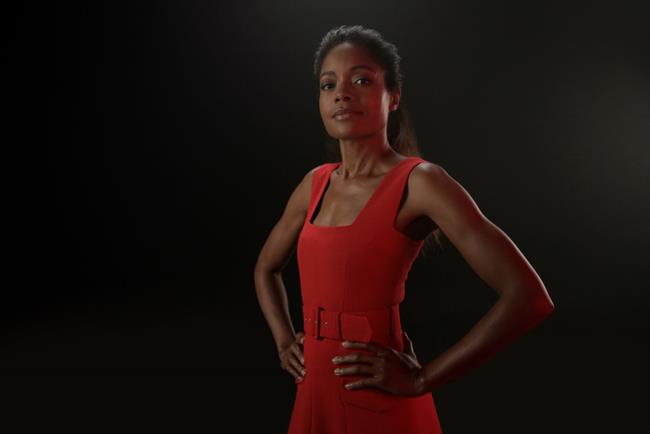
Ad measurement group Kantar has warned that the crop of TV ads celebrating the Women’s World Cup are not likely to result in higher sales or esteem for the brands behind them.
That’s because its panel of 1,350 consumers gave especially low scores for how much the ads persuaded them to buy from the brands and how much it made them feel better about the brands.
Part of the problem, according to Kantar’s managing director of offer and innovation, Graham Page, is that while people found the ads much more involving than usual, they were much less sure which brands the ads were for.
Kantar gauges how well "branded" an ad is not by asking people whether they recall the brand after watching but by how easy it was for them to work out the brand’s identity in the course of watching the ad.
As a result, Page said: "If you don’t know the brand an ad is for, then it’s difficult to agree it’s going to make a difference to how you feel about the brand or how likely you are to buy it."
Kantar kept the scores of individual ads confidential, providing only the group average score. However, Page said the ads performed similarly to each other and no one spot received a score so extreme that it badly skewed the average.
The eight ads tested were for the BBC, Budweiser, Coca-Cola, Head & Shoulders, Lucozade Sport, Nike, Qatar Airways and Visa.
As well as viewers finding the ads involving (in terms of the words they picked to describe their reactions), their emotional engagement (measured by their facial expressions while they were watching) also scored well above the norm.
Kantar said that Budweiser, Lucozade Sport and Nike were the most involving, while the BBC and Head & Shoulders were the least enjoyable.
It also found that the gender of viewers made virtually no difference to how they felt about the ads, but whether or not they liked football did.




.jpg)
.jpeg)
